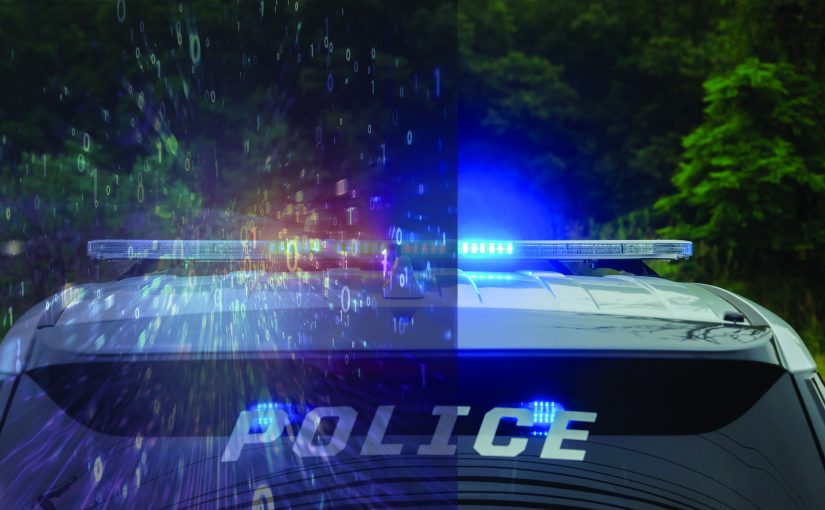Modern Fleet
Patrol Cars Carry More Data Than Ammo

The modern car has 30 to 50 computers with 60 to 100 electronic sensors on it, storing and sharing data on braking, speed, direction, doors opening and closing, and smartphone information (contacts, photographs, emails, text messages, passcodes). It does not matter if the vehicle is a BMW, Ford, GM, or Volvo—it is keeping and sharing valuable data about the driver.
Thanks to mobile data terminals and dashboard cameras as well as automatic vehicle location, the patrol car—the office for police officers on the street—contains even more information about its occupants as well as personal identifiable information.
This information begs the question: What operational risks are associated with these data? What advantages, if any, does a law enforcement officer possess knowing about the collection of vehicle data being driven by a target or suspect? What rights does a law enforcement agency have in controlling the data on its patrol fleet? What rights do law enforcement officers possess regarding the collection of their data?


